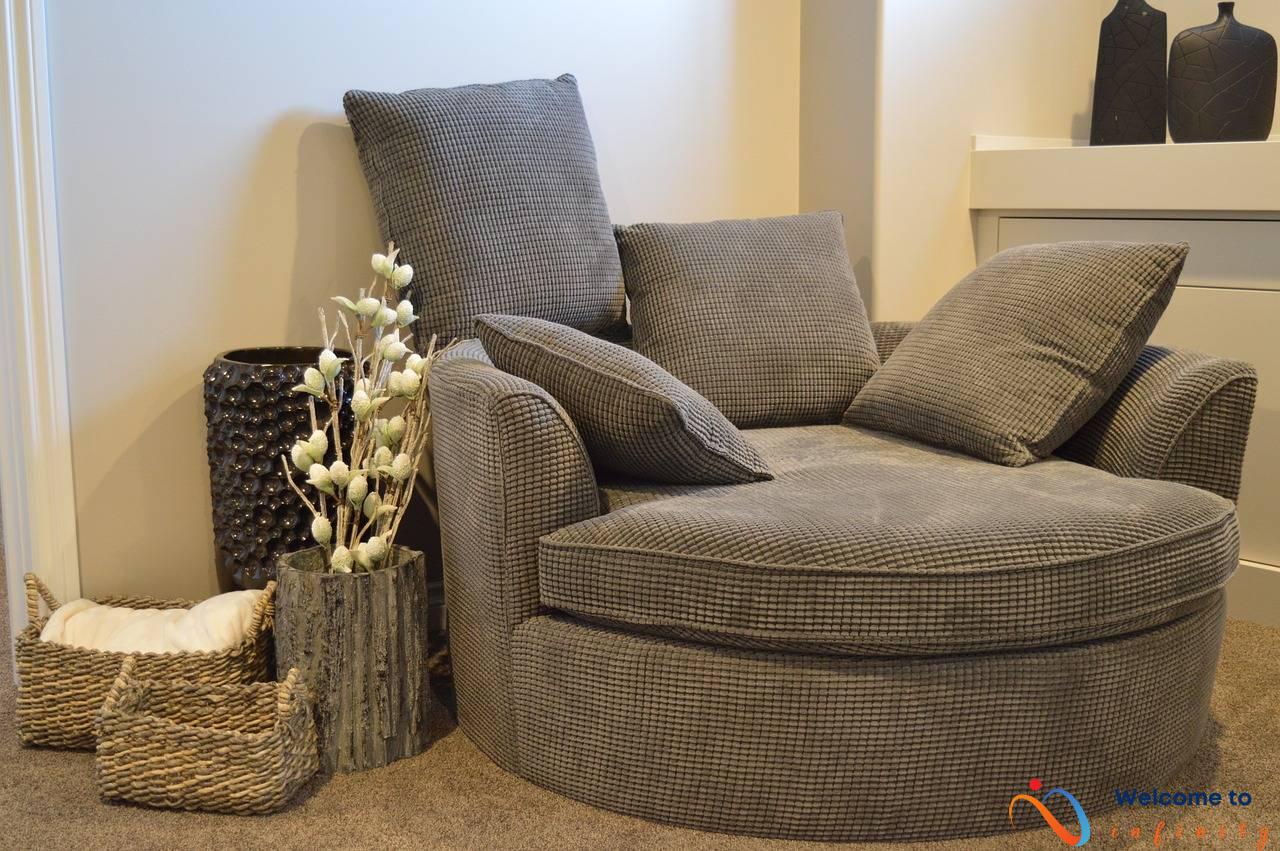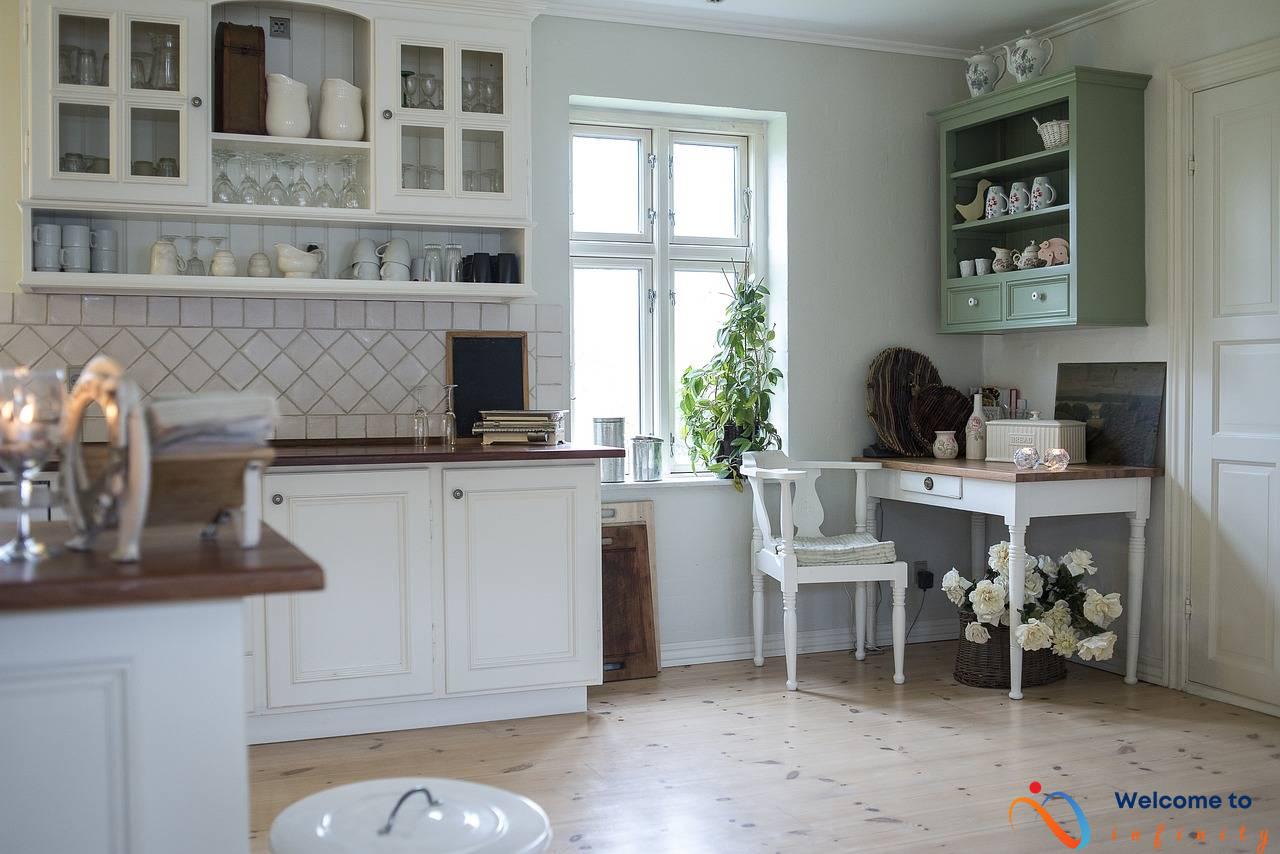If you're planning a bathroom renovation, choosing the right flooring is essential. It not only needs to look good, but it also needs to be practical and able to withstand water. Before making a decision, there are several factors you need to take into consideration.
Durability
Durability is a crucial factor when choosing bathroom flooring. You want something that can withstand high traffic, moisture, and humidity. Materials like porcelain, ceramic, and natural stone offer excellent durability and can handle the demands of a bathroom. If you're looking for a more budget-friendly option, vinyl flooring is tough and durable too.
Water Resistance
Bathrooms are prone to water damage, so it's essential to choose flooring that is water-resistant or waterproof. Vinyl, porcelain, and laminate are excellent choices as they can handle moisture well. However, if you're looking for a more natural option, you may want to consider cork or bamboo flooring treated with a water-resistant sealant.
Maintenance
A low-maintenance bathroom floor is ideal for most homeowners. Porcelain tiles are highly stain-resistant and easy to clean, making them a smart choice for those who want a fuss-free flooring option. Vinyl flooring is also relatively simple to clean, requiring little maintenance.
Aesthetic Appeal
Your bathroom floor doesn't just have to be practical; it can also be visually appealing. Porcelain tiles, natural stone, and even wood can create a striking effect in the bathroom. Consider the color and pattern of your flooring to see how it complements your overall bathroom design.
Remember to choose flooring that suits your style and budget. By considering durability, water resistance, maintenance, and aesthetic appeal, you can select the perfect bathroom flooring for your needs.
Durability
When it comes to choosing the perfect bathroom flooring, durability is an essential factor that should be carefully considered. The bathroom is one of the most frequently used areas in the house, which means that the flooring needs to withstand high traffic and wear and tear. Fortunately, there are several options available that offer excellent durability and can withstand moisture and humidity.
Porcelain flooring is an excellent choice for bathroom flooring due to its durability and water-resistant properties. Porcelain is an extremely dense and durable material that can withstand a high amount of traffic and is resistant to scratches and stains. It is also non-porous, which means it does not absorb water and is highly resistant to moisture and water damage. Ceramic tiles are another durable option with similar properties to porcelain.
Natural stone is another popular choice for bathroom flooring due to its durability and unique appearance. Materials like granite, marble, and limestone offer excellent durability and can add a touch of luxury to any bathroom. They are also resistant to moisture and humidity, making them a great option for bathrooms. However, natural stone can be more expensive and may require more maintenance than other flooring options.
In addition to choosing a durable material, it is also important to ensure that the bathroom flooring is installed correctly. A professional installation will ensure that the flooring is correctly sealed and installed to prevent water damage and increase its durability.
To summarize, when selecting the perfect bathroom flooring, it is essential to choose a material that is durable, can withstand moisture and humidity, and has a long-lasting finish. Porcelain, ceramic, and natural stone are all excellent options that offer exceptional durability and can withstand high traffic and wear and tear.
Water Resistance
When it comes to selecting the right bathroom flooring, water resistance is an essential factor to consider. Bathrooms are exposed to moisture and humidity constantly, making it crucial to choose materials that can withstand water damage.
Some of the most popular waterproof flooring options for bathrooms include vinyl, laminate, and porcelain tiles. Not only are they durable and resilient against water damage, but they are also easy to maintain. Vinyl flooring, for instance, is highly resistant to water and stains, and is relatively easy to clean.
Laminate flooring is another great option for those wishing to enhance their bathroom's water resistance. It is generally water-resistant, although prolonged exposure to moisture can damage the planks. Porcelain tiles, on the other hand, are a more expensive option, but are worth the investment due to their longevity and sleek appearance.
Given the high humidity and activity levels occurring in bathrooms, it is vital to choose a flooring material that can withstand wear and tear caused by water damage. By selecting waterproof materials like vinyl, laminate, or porcelain tiles, homeowners can be assured that their bathroom flooring will last for years and retain its visual appeal.
Maintenance
When it comes to selecting the perfect bathroom flooring, a low-maintenance option is always the best choice for most homeowners. In terms of maintenance, porcelain and vinyl flooring are two good options to consider.
Porcelain tiles are highly stain-resistant and easy to clean, making them easy to maintain. They are also scratch-resistant and can withstand water and humidity, making them an excellent choice for use in the bathroom. Additionally, porcelain tiles come in various colors and patterns, making it easy to create a visually appealing floor design.
Vinyl flooring is another low-maintenance option that requires little upkeep. It is easy to clean and can be swept and mopped with ease. Additionally, vinyl flooring is highly water-resistant, which makes it an excellent flooring choice for bathrooms. However, it is worth noting that vinyl flooring may not last as long as other types of flooring, and may need to be replaced every few years.
- Porcelain tiles and vinyl flooring are easy to clean and require little maintenance.
- Porcelain tiles are highly stain-resistant and can withstand water and humidity.
- Vinyl flooring is highly water-resistant and is a budget-friendly option.
In conclusion, selecting a low-maintenance flooring option for your bathroom is a smart choice. Generally, porcelain tiles and vinyl flooring are two great options that are easy to clean and require little upkeep. However, the decision ultimately comes down to your personal preference and your budget.
Aesthetic Appeal
When choosing the perfect bathroom flooring, considering aesthetic appeal is just as important as durability, water resistance, and maintenance. Bathroom floors can be more than just functional; they can be a focal point and enhance the overall design of the space.
Natural stone is an excellent option for those who want a unique, natural look and feel to their bathroom floor. With a wide range of colors and patterns available, including marble, granite, and limestone, natural stone adds a touch of elegance and luxury to any bathroom. However, it is essential to note that natural stone is porous and requires regular sealing to prevent water damage.
Porcelain tile is an excellent alternative to natural stone, offering a realistic look without the porous nature. It is available in various textures, patterns, and colors, making it a versatile choice for any bathroom. One of the key benefits of porcelain is its stain resistance and resistance to moisture, as well as its low maintenance.
- Porcelain: realistic look, resistant to moisture and stains, low maintenance
- Natural stone: unique, natural look and feel, available in a range of colors and patterns
The combination of these elements can create a striking, elegant, and unique bathroom floor. Creating lists, such as the one above, is an effective way to organize and highlight the pros and cons of each flooring option. Ultimately, the perfect bathroom floor should not only be visually appealing but also complement the overall design of the bathroom.












